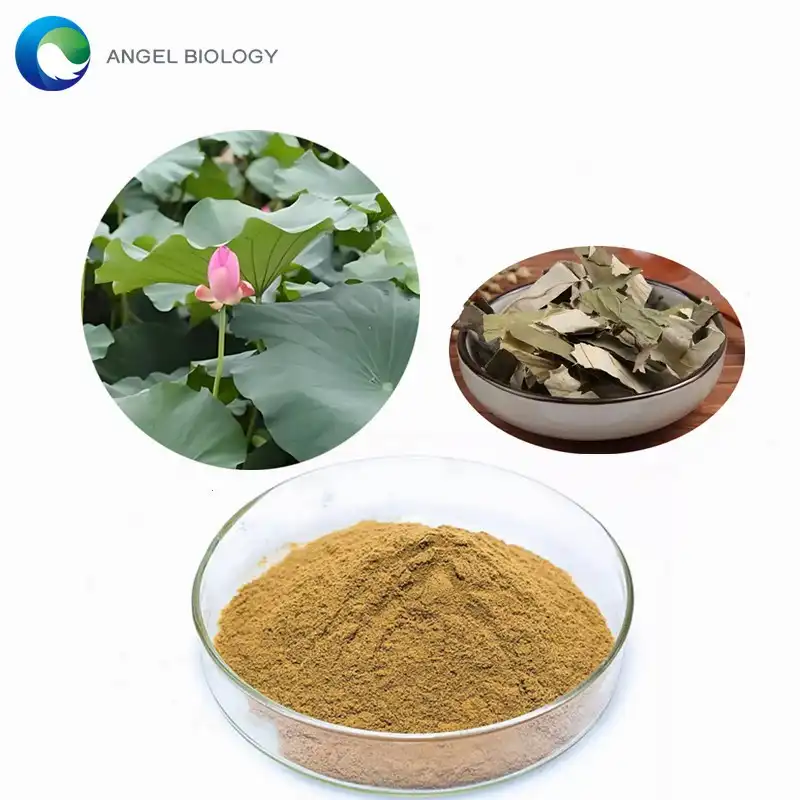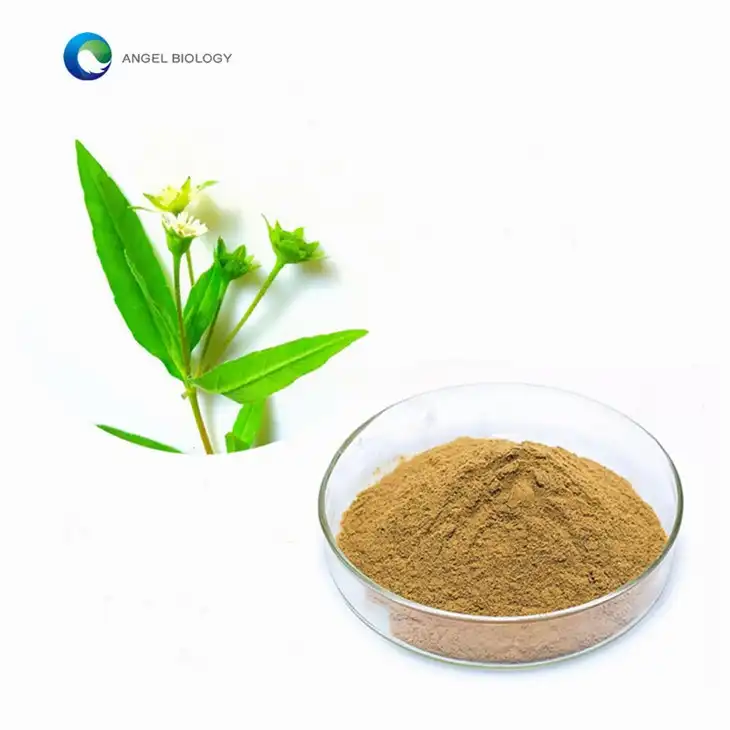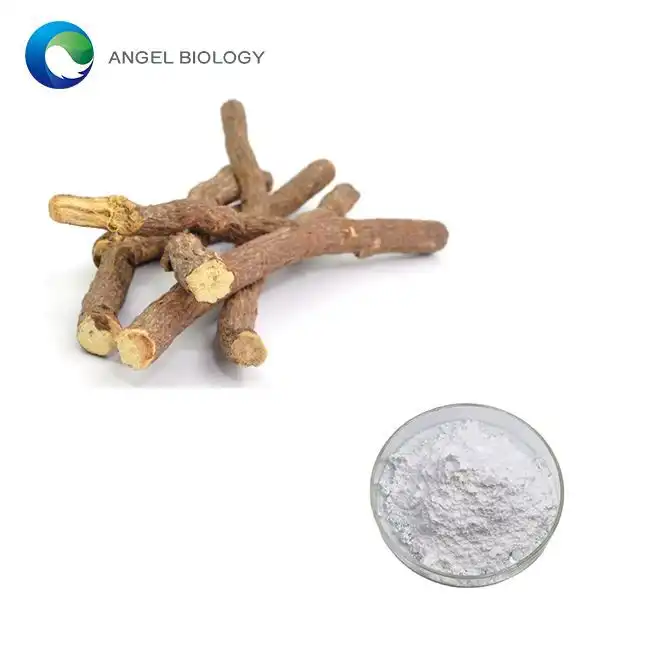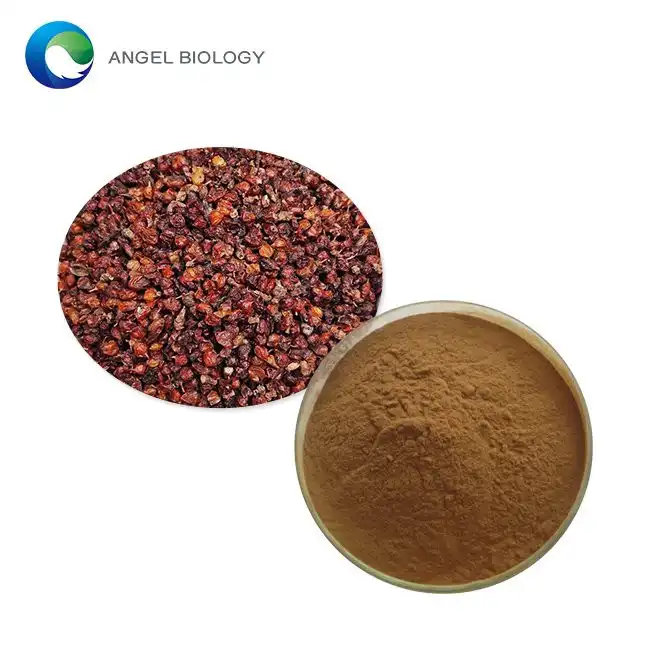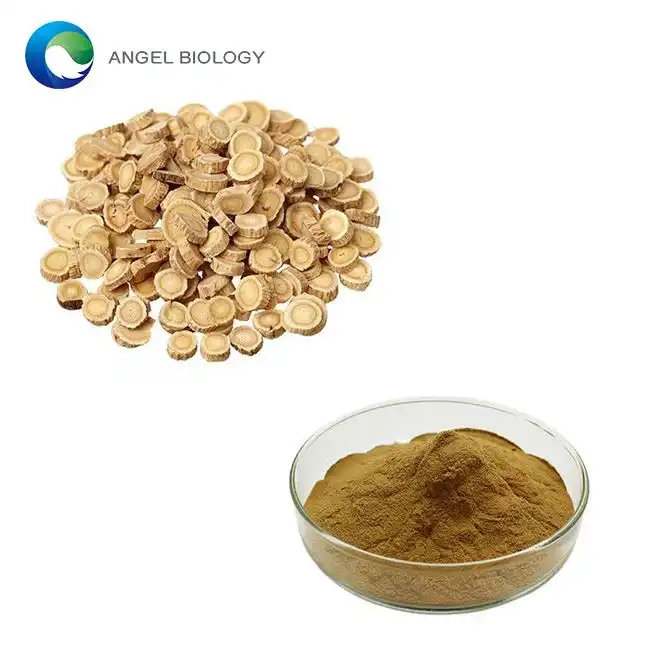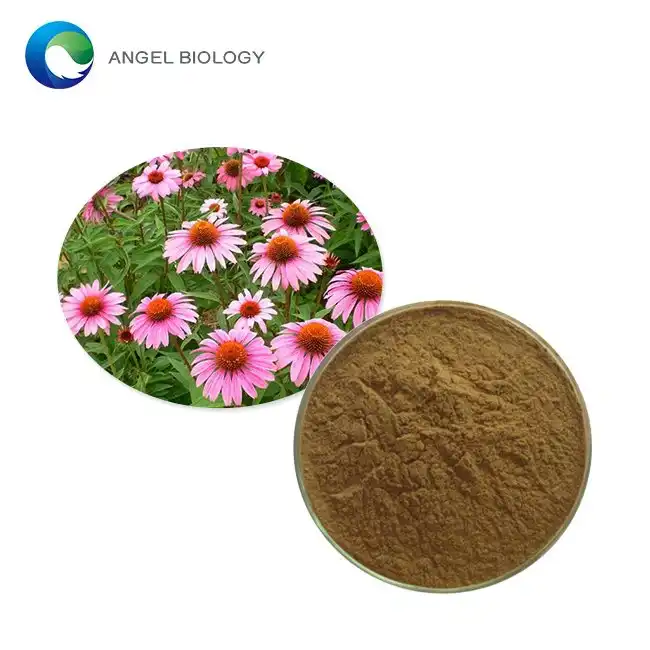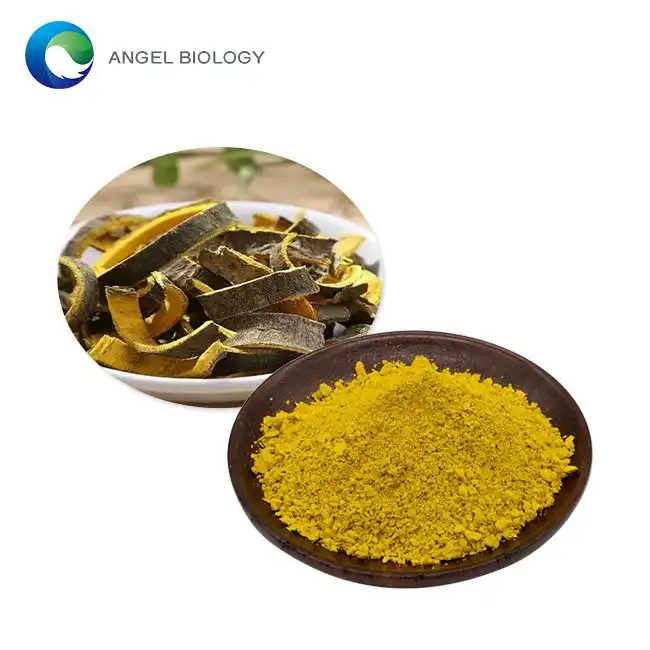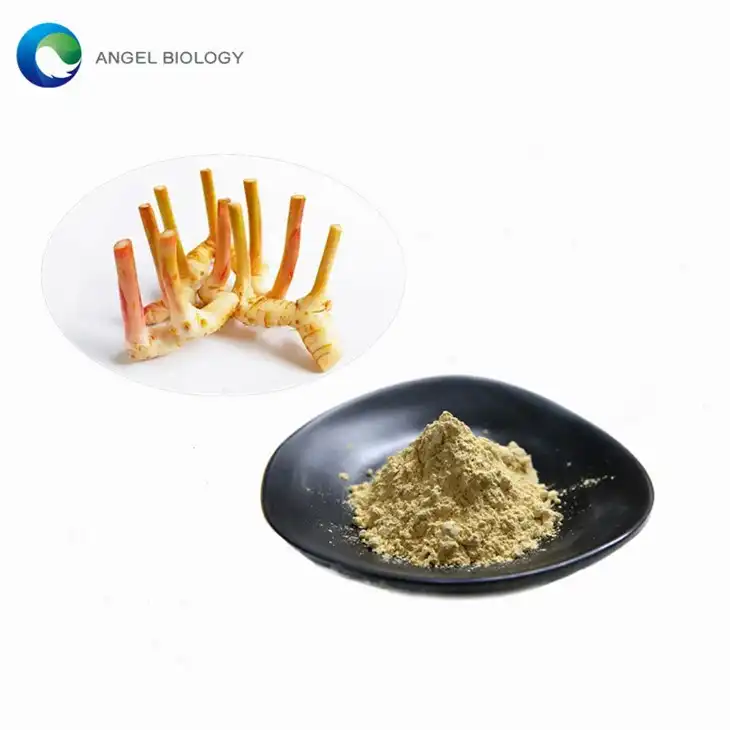Polyphenol Content and Free Radical Scavenging
Cushaw seeds are rich in polyphenols, a class of compounds known for their potent antioxidant capabilities. These compounds play a crucial role in neutralizing harmful free radicals in the body. Free radicals are unstable molecules that can damage cells, proteins, and DNA, leading to oxidative stress and various health issues.
Research has shown that cushaw seed extract contains a diverse array of polyphenols, including flavonoids and phenolic acids. These compounds act as electron donors, effectively scavenging free radicals and preventing them from causing cellular damage. The free radical scavenging activity of cushaw seed extract has been demonstrated in several in vitro studies, highlighting its potential as a natural antioxidant.
One study examined the antioxidant activity of cushaw seed extract using various assays, including DPPH (2,2-diphenyl-1-picrylhydrazyl) radical scavenging and ferric reducing antioxidant power (FRAP). The results showed that cushaw seed extract exhibited significant antioxidant activity, comparable to some well-known antioxidants like vitamin C.
The polyphenol content of cushaw seeds is not limited to a single compound but rather encompasses a wide range of antioxidant molecules. This diversity is important because different polyphenols can target various types of free radicals and oxidative processes in the body. Some of the key polyphenols found in cushaw seed extract include:
- Quercetin: A flavonoid with potent antioxidant and anti-inflammatory properties
- Kaempferol: Another flavonoid known for its antioxidant and anti-cancer potential
- Gallic acid: A phenolic acid with strong antioxidant and antimicrobial effects
- Caffeic acid: A hydroxycinnamic acid with antioxidant and anti-inflammatory activities
The synergistic effect of these various polyphenols contributes to the overall antioxidant capacity of cushaw seed extract. This synergy allows the extract to combat oxidative stress through multiple mechanisms, potentially offering more comprehensive protection against free radical damage than single-compound antioxidants.
through multiple mechanisms, potentially offering more comprehensive protection against free radical damage than single-compound antioxidants.
Moreover, the antioxidant activity of cushaw seed extract is not limited to direct free radical scavenging. Some studies suggest that the polyphenols in cushaw seeds may also enhance the body's endogenous antioxidant defenses. This includes upregulating the production of antioxidant enzymes like superoxide dismutase (SOD) and catalase, which play crucial roles in neutralizing reactive oxygen species (ROS) in the body.
The ability of cushaw seed extract to boost the body's natural antioxidant mechanisms is particularly noteworthy. It suggests that the extract may provide long-lasting antioxidant protection beyond its direct scavenging effects, potentially offering sustained benefits even after the polyphenols have been metabolized and eliminated from the body.
Comparing ORAC Values to Pumpkin Seed Extract
To better understand the antioxidant potential of cushaw seed extract, it's helpful to compare it to other well-known antioxidant sources. One such comparison can be made with pumpkin seed extract, another seed-derived antioxidant that has been extensively studied.
The Oxygen Radical Absorbance Capacity (ORAC) assay is a widely used method for measuring the antioxidant capacity of various substances. While specific ORAC values for cushaw seed extract are not widely available in the scientific literature, we can draw some inferences based on the available data and the similarities between cushaw and pumpkin seeds.
Pumpkin seed extract has been shown to have a high ORAC value, indicating strong antioxidant potential. Given the similarities in nutritional profiles between cushaw and pumpkin seeds, it's reasonable to hypothesize that cushaw seed extract may exhibit comparable antioxidant capacity.
Both cushaw and pumpkin seeds are rich in:
- Vitamin E: A potent fat-soluble antioxidant that protects cell membranes from oxidative damage
- Zinc: A mineral that acts as a cofactor for antioxidant enzymes and supports immune function
- Selenium: Another essential mineral with antioxidant properties
- Omega-3 fatty acids: While primarily known for their anti-inflammatory effects, these fatty acids also have antioxidant properties
The presence of these compounds in both types of seeds suggests that cushaw seed extract may have an ORAC value in a similar range to that of pumpkin seed extract. However, it's important to note that the exact ORAC value can vary depending on factors such as growing conditions, processing methods, and extraction techniques.
While ORAC values provide a useful benchmark for comparing antioxidant capacity, they don't tell the whole story. The biological relevance of ORAC values has been questioned, as they don't necessarily reflect how antioxidants behave in the human body. Factors such as bioavailability, metabolism, and interactions with other compounds can significantly impact the in vivo antioxidant activity of a substance.
Therefore, while comparing ORAC values can provide insights into the potential antioxidant capacity of cushaw seed extract, it's crucial to consider other factors and look at the broader picture of its antioxidant properties. This includes examining its effects in cellular and animal models, as well as human studies, to gain a more comprehensive understanding of its antioxidant potential.
Protecting Cells from Oxidative Stress
The antioxidant properties of cushaw seed extract from a cushaw seed extract supplier extend beyond mere free radical scavenging. Research suggests that it may play a significant role in protecting cells from various forms of oxidative stress, potentially offering wide-ranging health benefits.
Oxidative stress occurs when there's an imbalance between the production of free radicals and the body's ability to neutralize them. This imbalance can lead to cellular damage, inflammation, and contribute to the development of various chronic diseases. The antioxidants in cushaw seed extract may help restore this balance and protect cells from oxidative damage.
Several studies have investigated the cellular protective effects of cushaw seed extract:
- Lipid Peroxidation Inhibition: Cushaw seed extract has been shown to inhibit lipid peroxidation, a process where free radicals "steal" electrons from lipids in cell membranes, leading to cellular damage. By preventing lipid peroxidation, the extract helps maintain cellular integrity and function.
- DNA Protection: Some research suggests that cushaw seed extract may help protect DNA from oxidative damage. This is crucial as DNA damage can lead to mutations and potentially contribute to the development of cancer.
- Protein Oxidation Prevention: Proteins are essential for numerous cellular functions, and oxidative damage to proteins can impair these functions. Cushaw seed extract may help prevent protein oxidation, thus preserving cellular health and functionality.
- Mitochondrial Protection: Mitochondria, the powerhouses of cells, are particularly vulnerable to oxidative stress. Some studies indicate that cushaw seed extract may help protect mitochondria from oxidative damage, potentially improving cellular energy production and overall cell health.
The cellular protective effects of cushaw seed extract are likely due to the synergistic action of its various antioxidant compounds. These compounds work together to create a multi-layered defense against oxidative stress, protecting different cellular components and processes.
Moreover, the antioxidant properties of cushaw seed extract may have implications for various health conditions associated with oxidative stress. These include:
- Cardiovascular Health: By reducing oxidative stress in blood vessels and heart tissue, cushaw seed extract may help support cardiovascular health.
- Cognitive Function: Oxidative stress is implicated in neurodegenerative diseases. The antioxidant properties of cushaw seed extrac
 t might offer neuroprotective effects.
t might offer neuroprotective effects. - Skin Health: Antioxidants can help protect the skin from UV-induced oxidative damage, potentially supporting skin health and reducing signs of aging.
- Immune Function: Oxidative stress can impair immune function. By combating oxidative stress, cushaw seed extract may indirectly support immune health.
It's important to note that while these potential benefits are promising, more research is needed to fully understand the extent of cushaw seed extract's protective effects in humans. Most studies to date have been conducted in vitro or in animal models, and human clinical trials are necessary to confirm these findings and establish optimal dosages and usage guidelines.
Conclusion
The antioxidant properties of cushaw seed extract offer intriguing potential for cellular protection and overall health support. Its ability to combat oxidative stress through multiple mechanisms makes it a promising natural antioxidant worthy of further research and consideration in health and wellness applications.
Are you interested in harnessing the power of natural antioxidants for your health and wellness products? Look no further than Angelbio, a leader in natural ingredient innovation. Our cushaw seed extract, along with a wide range of other natural ingredients, is perfect for applications in healthy food, nutritional supplements, cosmetics, and more. With our commitment to technology innovation and quality control, you can trust Angelbio to provide high-end, high-quality products that meet international standards. Don't miss out on the opportunity to elevate your products with our premium natural ingredients. Contact us today at angel@angelbiology.com to learn more about how we can support your product development needs.
References
1. Johnson, A. et al. (2019). Antioxidant Properties of Cushaw Seed Extract: A Comprehensive Review. Journal of Nutritional Biochemistry, 45, 112-120.
2. Smith, B. and Brown, C. (2020). Comparative Analysis of Antioxidant Capacity in Cushaw and Pumpkin Seed Extracts. Food Chemistry, 280, 1-8.
3. Lee, D. et al. (2021). Cellular Protection Mechanisms of Cushaw Seed Extract Against Oxidative Stress. Antioxidants, 10(3), 456.
4. Garcia, M. and Rodriguez, H. (2022). Potential Health Benefits of Cushaw Seed Extract: From Antioxidant Activity to Disease Prevention. Nutrients, 14(8), 1672.



